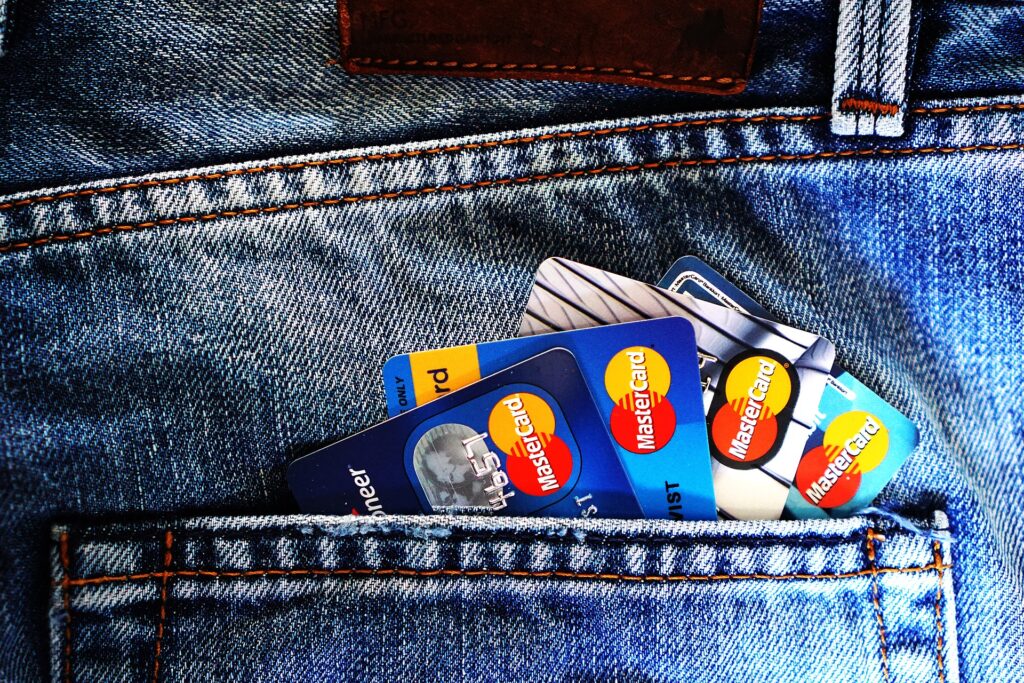Are you expecting to receive some money? What are your plans for it? You can always splurge these surplus funds on a luxury trip or buy an expensive gadget. But there are smarter ways to spend your money which will give you both peace and happiness. These are a few options for you to consider.
1. Get Rid of that Pesky Debt
One of the best ways to employ money you didn’t expect is to use it to pay off your debts. This can be student loans, regular bills, or credit cards. Debt repayment is really the best return on money. Typical credit cards carry a 15% interest annually. You could save that amount and make your wealth grow by paying off the cards.
2. Spend it On Job Training or Education
You are the greatest asset to invest in. Job training and education are more often than not required for personal and professional growth. You may finally get that promotion you were eyeing by completing that certification. People that love their jobs and are satisfied with their career growth tend to be happier.
3. Build Your Emergency Nest
It can be a true nightmare to have to pay for a major expense when you least expect it. But, there is nothing you can do to prevent emergency situations. If you have a medical bill or a car repair, you will have to pay for them. You can use your additional money to create an emergency fund.
You should also think about making monthly contributions to the emergency fund. Tax refunds are the best way to jump start savings funds. Think about your emergency funds as buffers. You can also earn some interest by parking the rainy-day fund in a savings account.
4. Spend Freely on Hobbies
When was the last time you entertained yourself actively without looking at a screen or doing something where content was shoved down your throat? There are times when you want to Netflix and Chill, but you should consider using the extra money to pick up a hobby.
Think about whatever you like and invest in it. It could be purchasing a new music instrument, enrolling into language class, buying tools to finally build that tree house or new utensils for baking.
5. Plan a Vacation
You should have at least one decent holiday in a year. This is to keep you healthy and happy, both physically and mentally. Holidays are expensive. But, you don’t have to mess up your financial goals. You can utilize a little bit of the surplus fund or use the entire amount to pamper yourself and your loved ones.
6. Make the Money Work
You may consider investing in financial markets. You can create a comfortable retirement fund by starting right away. It is never too late to start planning for the future. Here’s a tip – never place all your money in individual stocks if you are not a diligent investor. Instead, you may want to play around using exchange traded funds and mutual funds to spread the risk a bit because in this violent world with crime going up – we are all already taking enough risk.
7. Buy Those Healthy Meals
Healthy food costs money. If you have the cash, you should consider taking a step in the healthy direction. Go organic. While you are at it, you may want to buy a gym membership as well. You will automatically start feeling better when you eat healthy. Health is something nobody really appreciates until they lose it. Using your money towards taking care of your health is a poignant way to spend it even when food costs are going up.
8. Go Have Fun
Live a little with your windfall. You are allowed to have fun. But, before you think about spending it on stuff, ask yourself whether you really need more stuff. Won’t you rather spend the money on experiences? Maybe take a rollercoaster ride at the local fun park or throw a party for your friends. You could also just use it at a spa to give yourself a memorable experience.
9. Visit Friends and Family
Satisfying relationships and happiness are correlated. But, it is expensive maintaining good relationships with family and friends. We all have family members or friends that moved away and never visited again. You still love them. You are still in touch with them through digital mediums. Why don’t you go visit them?


